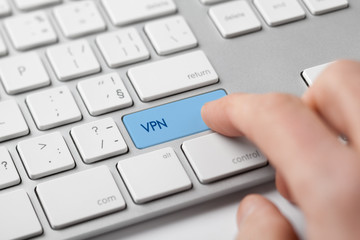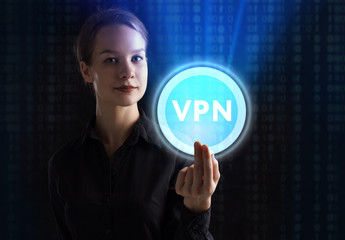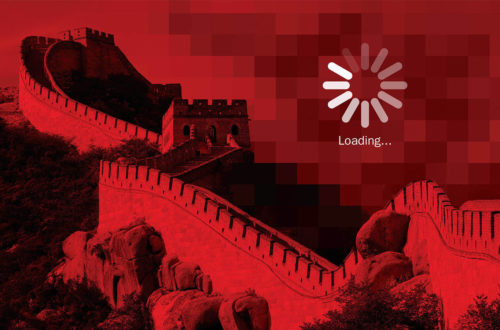
What is a VPN server and what is it used for
People from all over the world watch HBO, Hulu and Netflix. Unfortunately, significant number of the web users cannot enjoy these resources. Why is it so? The reason is that many websites practice region restrictions that prevents people from getting access to that content if they are in an inappropriate region. It is clear, that VPN-services are quite popular today. How do they work? What do they consist of? Let’s figure it out.
How does the global network work?
 In order to clarify the concept of virtual private networks you have to know how the global network works and how the VPN server differs from it.
In order to clarify the concept of virtual private networks you have to know how the global network works and how the VPN server differs from it.
When you try to open the site with a usual web getaway, you send requests to your web-provider. The provider sends requests to the appropriate web server, which delivers the information to you requested. This is the way how you get a site or webpage from the web-provider.
How does the free VPN server work?
A server offers encrypting assistance that is a compilation of soft and hard technology. Typically, this is a standard server that is configured with software to provide services, equipped with extra logical and physical ports. Most servers use more than one communication method and an encryption protocol to authenticate new clients (as for example PPP).
Private networks set a server-client link between several gadgets in which the server is able to manage several clients simultaneously. The work of the VPN service is to proceed all online traffic, encrypt / decrypt and deliver it to the target user.
How does the VPN software operate?
This soft is installed on the server to handle and maintain all communication equipment and components. Additionally, soft ensures security and controls the access system to create client-server connections between gadgets. For different types of VPN connections, the server software uses several encrypting protocols including Open-VPN, IKEv2, SoftEther, PPTP, SSTP and L2TP / IPSec.
The role of the server
 As mentioned above, when you are linked via a private network, you are the user of the client program. This program simply encrypts your requests before sending to the provider. Since the VPN acts as a tunnel and, thanks to encryption, only people at each end of this tunnel can receive the data, while your provider does not see the transmitted info or what is contained in the requests. Therefore, the process of exchanging data looks as the following:
As mentioned above, when you are linked via a private network, you are the user of the client program. This program simply encrypts your requests before sending to the provider. Since the VPN acts as a tunnel and, thanks to encryption, only people at each end of this tunnel can receive the data, while your provider does not see the transmitted info or what is contained in the requests. Therefore, the process of exchanging data looks as the following:
1) Your provider sends a request to the server;
2) VPN Server decrypts the info and sends the request to the web server;
3) Web server receives info, encrypts it and sends it back to your provider.
4) The provider sends the encrypted info to you;
5) The client decrypts the data
Let’s Summarize
Depending on the hardware and software, the server can process requests from several hundred to several thousand clients simultaneously. The server’s job is to cypher info and hide the real identity of clients, as well as assist them with anonymous entry to the network.
Why do we actually use encryption services? In short, to enjoy the Internet without censorship, special control, hackers and artificial restrictions. Why do you use a VPN? Tell us in comments.



